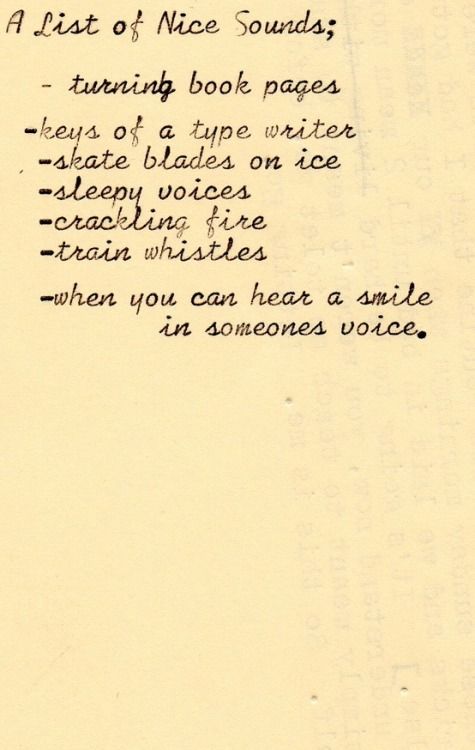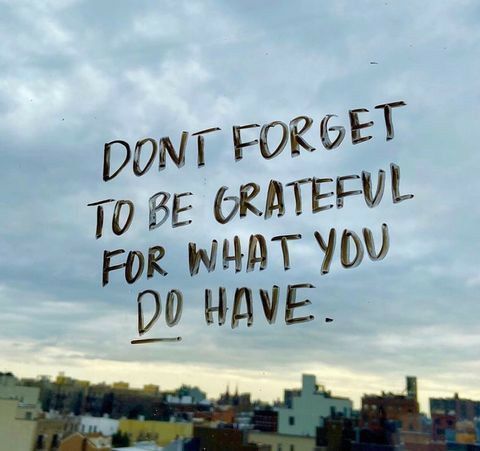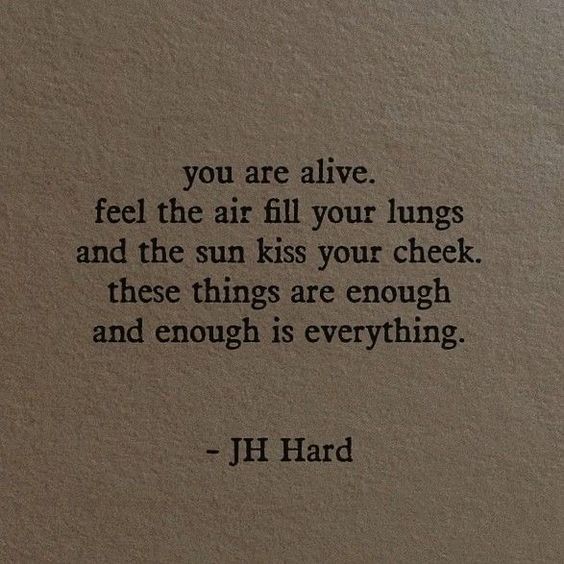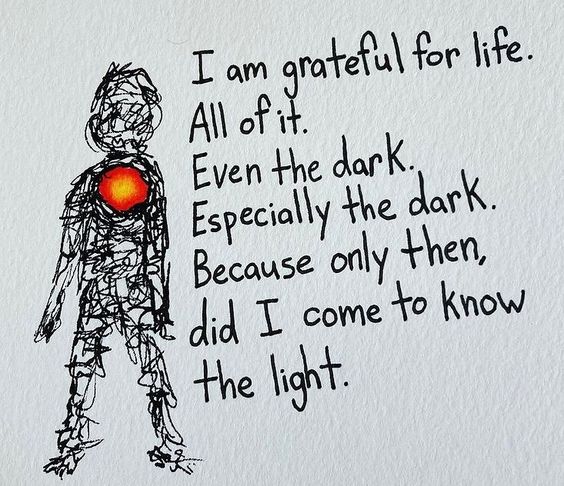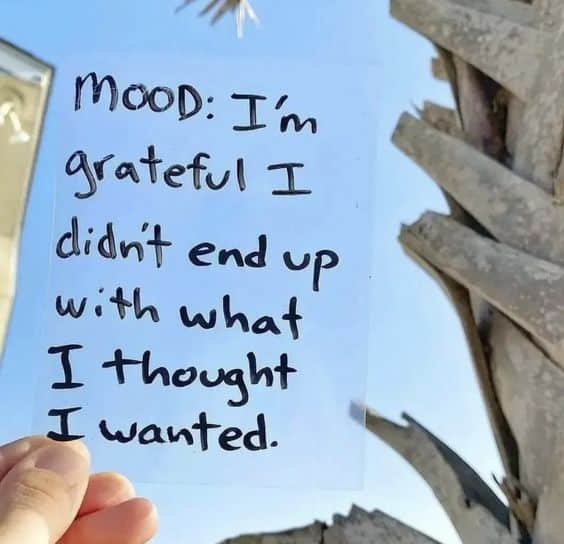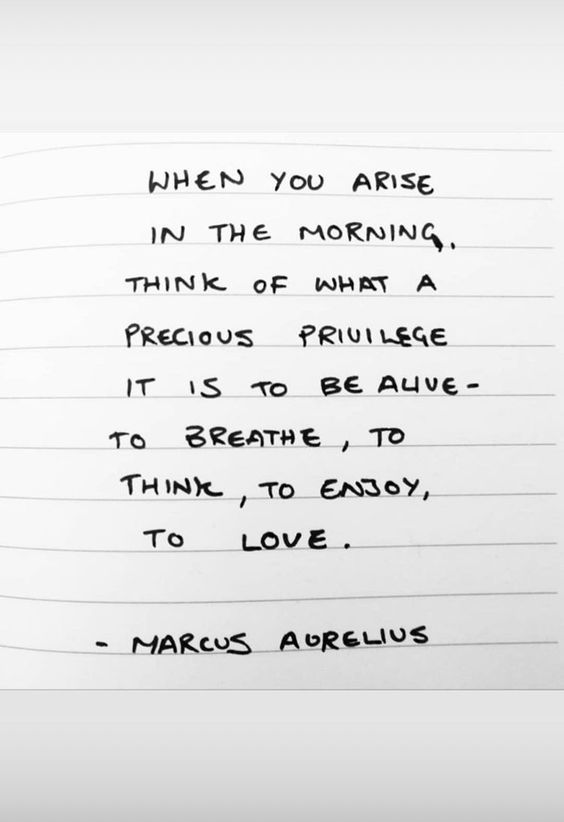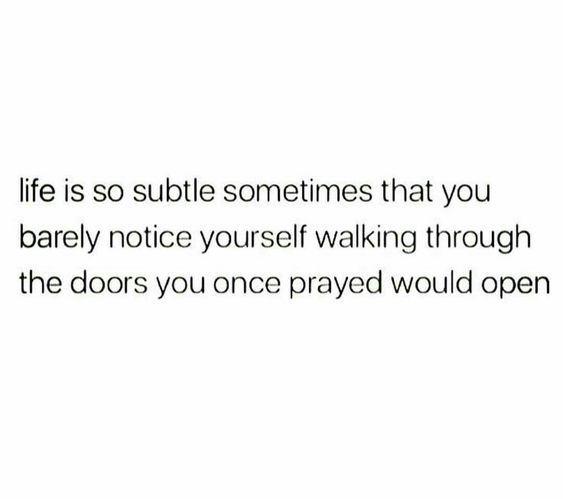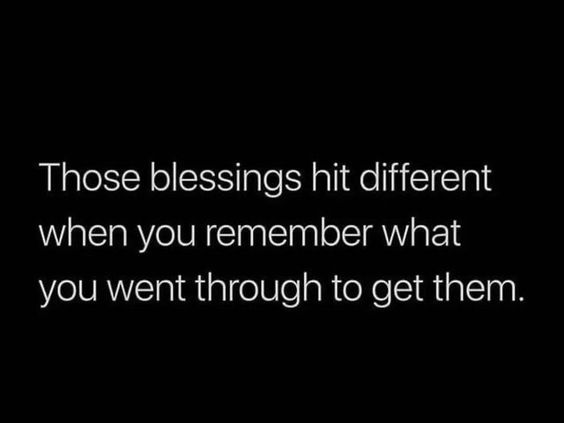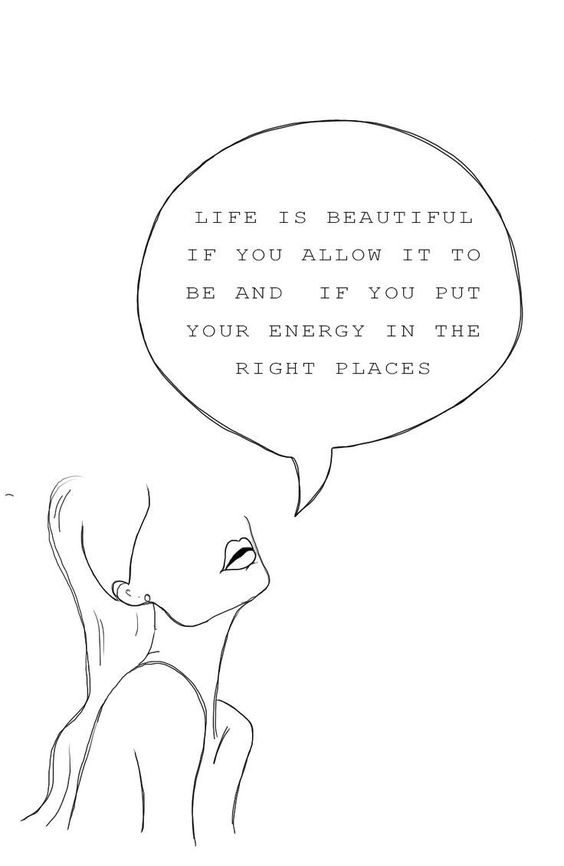Quotes about Being Thankful
“We tend to think of gratitude as appreciation for what we have been given. Monks feel the same way. And if you ask a monk what he has been given, the answer is everything. The rich complexity of life is full of gifts and lessons that we can’t always see clearly for what they are, so why not choose to be grateful for what is, and what is possible? Embrace gratitude through daily practice, both internally—in how you look at your life and the world around you—and through action. Gratitude generates kindness, and this spirit will reverberate through our communities, bringing our highest intentions to those around us.”
Jay Shetty, Think Like A Monk (Page 221)
“There are imperfect people in our lives—ones toward whom we feel unresolved or mixed emotions and therefore have trouble summoning gratitude. And yet, gratitude is not black-and-white. We can be grateful for some, but not all, of a person’s behavior toward us. If your relationships are complicated, accept their complexity. Try to find forgiveness for their failures and gratitude for their efforts.”
Jay Shetty, Think Like A Monk (Page 220)
“When monks are praised, we detach, remembering that whatever we ere able to give was never ours to begin with. To receive gratitude with humility, start by thanking the person for noticing. Appreciate their attention and their intention. Look for a good quality in the other person and return the compliment. Then take the gratitude you are given as an opportunity to be grateful to your teachers.”
Jay Shetty, Think Like A Monk (Page 216)
“Simple pleasures are just as transformative as extravagant experiences—so long as you remember how to enjoy them. I keep going back to this more than anything right now: the power of a dandelion, a blade of grass, a crisp breeze. We have forgotten how necessary these things are, and how important they are to our quality of life. We have forgotten about the very things that are right outside our own window. When you see something long enough, it becomes invisible—but, one of the best things you can do for yourself? Is to remember how to see. And sometimes, being in a small town does exactly that: gives you a more intimate lens with which to see the world around you. And to remind yourself that—no matter how overwhelming your world has gotten? There’s a gentle one waiting for you right here.”
Ash Ambirge
“What do we say when a customer or colleague says, ‘thank you’? For a long time, it was ‘you’re welcome.’ This indicates that you put in some effort and you’re willing to do it again on request. Recently ‘no problem’ has become more common. This implies that the effort could have been a huge hassle, but this time, it was okay. For people who are choosing to do the work of hospitality and connection, though, the most accurate answer might be, ‘my pleasure.’ After all, you had a choice, and you chose to do this work precisely so that it could have an impact on someone else. The story we tell ourselves about the work can be fuel for finding ways to do it better. If it’s not a pleasure, and you’re doing things like this all day, it might be a good time to find something else to do.”
Seth Godin
“Feel as grateful to existence as possible—for small things, not only for great things… just for sheer breathing. We don’t have any claim on existence, so whatever is given is a gift.”
Osho, Everyday Osho (Page 6)
“Imagine you were now dead, or had not lived before this moment. Now view the rest of your life as a bonus, and live it as nature directs.”
Marcus Aurelius, Meditations (Page 66)
“Do not dream of possession of what you do not have: rather reflect on the greatest blessings in what you do have, and on their account remind yourself how much they would have been missed if they were not there. But at the same time you must be careful not to let your pleasure in them habituate you to dependency, to avoid distress if they are sometimes absent.”
Marcus Aurelius, Meditations (Page 62)
“The Grateful Flow is not the things you’re grateful for. The Grateful Flow is the process of creating these things. So close your eyes. Now, what you want to do is you say two or three, at most four, things you’re grateful for. The smaller the thing, the better, because it forces you to concentrate gratefulness. You wanna do it nice and slow. You want to feel the gratefulness. The next thing you do is you feel that you’re going to create another grateful thought, but you don’t. You block it. So all you feel is the force that would create a grateful thought, and as it gets stronger and stronger, you feel taken over by it. That’s the Grateful Flow.”
Phil Stutz, Stutz
